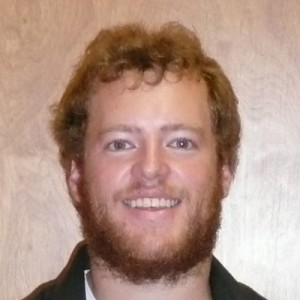The Graduate School is pleased to announce new theses and dissertations are now available in the J.R. van Pelt and Opie Library from the following programs:
- Electrical Engineering
- Materials Science and Engineering
- Mechanical Engineering
- Mechanical Engineering-Engineering Mechanics
- Rhetoric and Technical Communication
